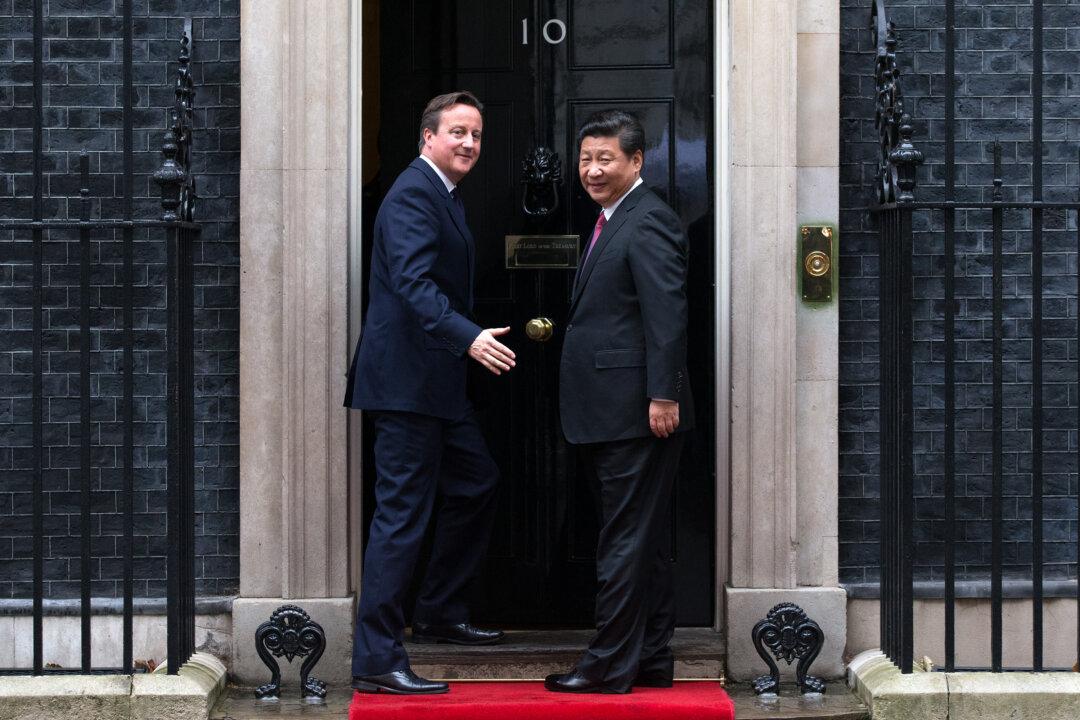The U.K.’s referendum to exit the European Union shook the global financial markets. While Brexit’s eventual impact may take months, if not years, to assess, its effect will not be solely confined within the U.K. and the EU.
For China, Brexit will affect its global trade aspirations and the pattern its foreign investment growth takes.
In the months leading up to June 23’s vote, high-ranking Beijing officials expressed their worries about the prospect of a British exit from the EU. The concern underscores the idea that Brexit will hurt Chinese interests in Europe and change its paradigm of engagement on global trade.
TPP Derailed?
U.K.’s exit from the EU offers a setback for negotiations on the massive U.S.-EU trade agreement, the Transatlantic Trade and Investment Partnership (TTIP). Negotiations on TTIP were already on ice due to growing anti-trade sentiment on both sides.
TTIP talks will be on hold as the remaining 27 EU nations must establish all new trade relationships with the United Kingdom.
A chief concern is that the U.K. had been a major proponent of reaching a deal with the United States. Without its support, TTIP negotiations could regress as the rest of EU is less likely to relent on certain key issues, especially those surrounding food safety laws and influence of American multinational corporations.
How is this relevant for China? For one, the United States has always viewed TTIP as a companion agreement to the Trans-Pacific Partnership (TPP). If TTIP is delayed or scuttled, then TPP’s execution is far from a guarantee.
The TPP—which ostensibly excludes China, for now—is part of President Obama’s plan to reassert the United States in Asian trade matters. China is working on its own massive trade agreement with Asian Pacific nations, called the Regional Comprehensive Economic Partnership (RCEP), which excludes the U.S.





